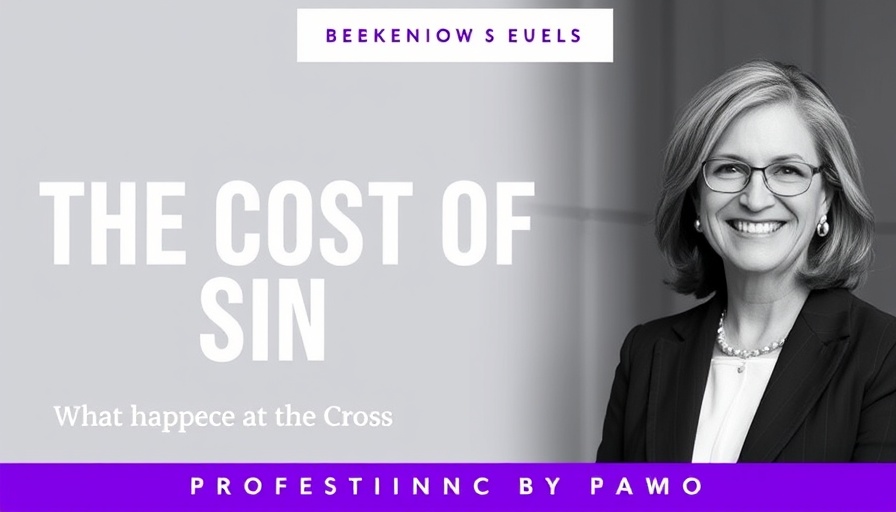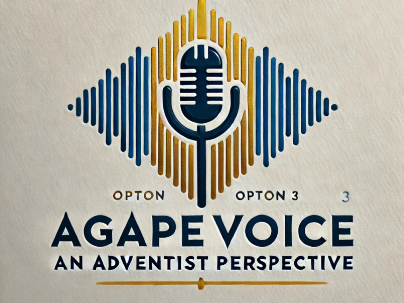
Understanding Juneteenth: A Sign of Liberation
Juneteenth, celebrated on June 19, marks a pivotal moment in American history. It commemorates the federal announcement on this date in 1865 that all enslaved individuals in Texas were free. This was a momentous occasion, emphasizing that the Emancipation Proclamation, issued by President Lincoln in 1863, was finally being realized in the furthest reaches of the nation. For many, Juneteenth represents not just freedom from bondage, but a celebration of African American culture and heritage.
The Significance of Juneteenth in Today’s Society
Over the years, Juneteenth has evolved into a larger symbol of the African American struggle for equality. The day is recognized as a time for reflection on racial justice and the advancements still needed in the community. Especially within the Seventh-day Adventist (SDA) faith community, understanding and recognizing this day allows members to engage in conversations about race and justice, linking the historical underpinnings of liberation with spiritual freedom.
The Spiritual Connection: Faith and Freedom
For the SDA community, there’s a profound intersection between faith and the fight for freedom. The Bible frequently documents themes of liberation, whether it is Moses leading the Israelites from slavery in Egypt, or Christ freeing us from the bondage of sin. Celebrating Juneteenth can encourage believers to reflect on their own faith journeys and the freedoms they have within their spiritual lives.
Historical Context: A Deep Dive into Emancipation
To truly appreciate Juneteenth, one must understand the broader historical context of the Civil War and the struggle for emancipation. The abolitionist movement laid a foundation for the eventual freedom of enslaved people, and significant figures such as Frederick Douglass and Harriet Tubman led the charge. This rich heritage speaks volumes to the current discussions about race relations in America, providing essential perspectives on how far we've progressed and how much further we must go.
Celebrating Diversity: How Juneteenth Is Observed
Observances of Juneteenth can vary, but they generally include community gatherings, educational events, and cultural celebrations. Food plays an important role, showcasing traditional African American dishes, connecting those who celebrate with their roots. Schools and organizations often use this day to share stories, promote awareness, and engage in discussions about racial equality, teaching younger generations the importance of this historical event.
Current Events: Juneteenth as a National Holiday
In 2021, Juneteenth was officially recognized as a federal holiday, reinforcing its significance in American culture. This recognition invites a wider audience to participate in observances and fosters discussions about racial equality. While many see this as a monumental step towards healing, there remains a contingent in the SDA community advocating for even deeper conversations about justice and equity beyond just this day.
Conversations Around Juneteenth: Exploring Counterarguments
While many celebrate Juneteenth as a symbol of freedom, there are varied perspectives on what it means in today’s society. Some argue that the recognition of this holiday is insufficient in addressing the underlying issues of systemic racism. These discussions are critical and necessary, serving as a reminder to always keep the dialogue about racial justice and equality ongoing.
Future Predictions: Where Do We Go From Here?
As Juneteenth gains more recognition, it is essential to think ahead; the trajectory of race relations in America is still evolving. This day can serve as a launchpad for further discussions about policies, reform, and community engagement within the African American community and beyond. The SDA community can play a vital role by using this day to advocate for justice and peace.
Conclusion: Call to Action for the SDA Community
As members of the Seventh-day Adventist Church, it’s crucial to recognize and observe Juneteenth. This day is not merely about celebrating a historical milestone; it provides rich opportunities for discussions about faith, justice, and community engagement. I encourage each member to participate, reflect, and deepen their understanding of what Juneteenth represents in the context of their faith. Together, let’s honor the past while working towards a more equitable future.
 Add Row
Add Row  Add
Add 




 Add Row
Add Row  Add
Add 


Write A Comment